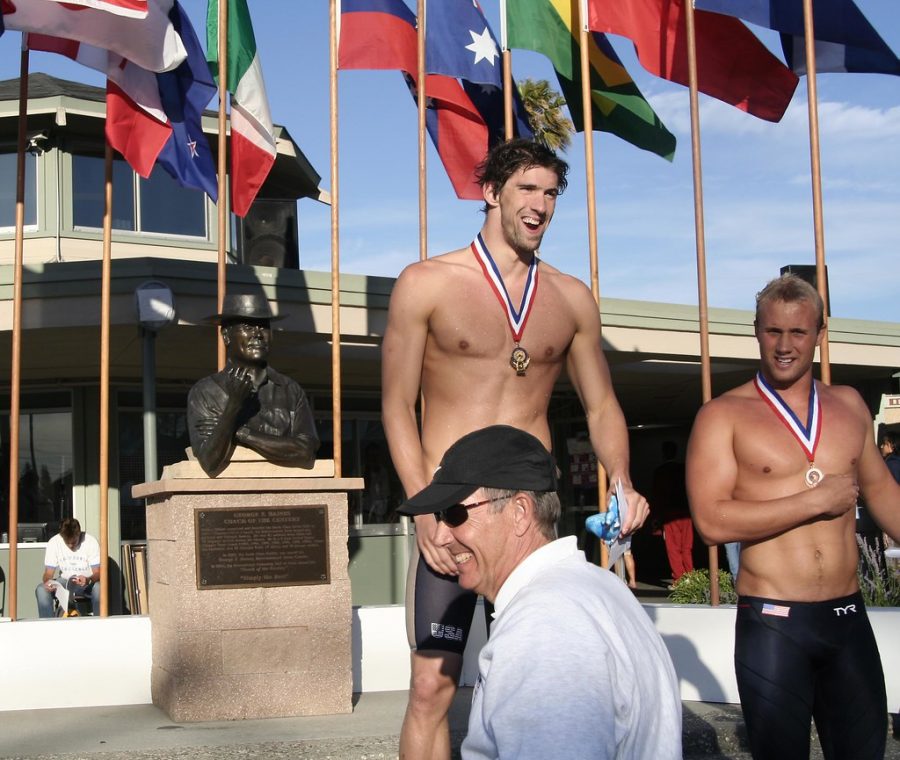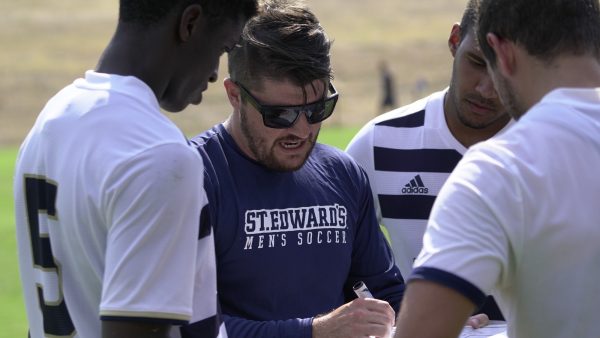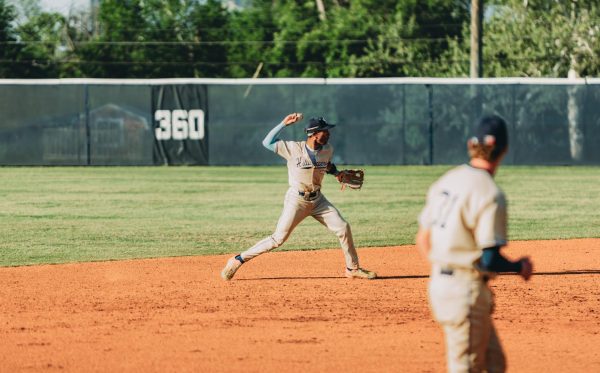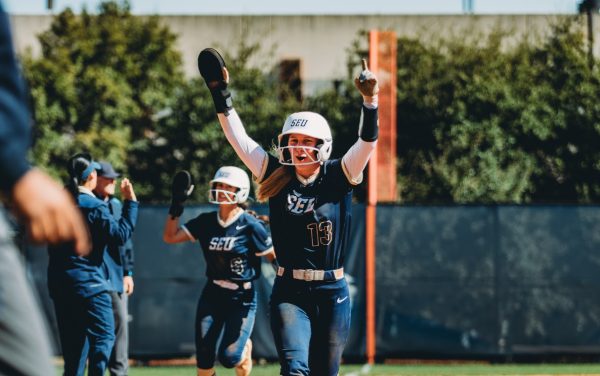HBO’s ‘The Weight of Gold’: A necessary, hard-hitting dose of sporting reality
HBO’s new documentary explores the mental health challenges facing Olympic athletes in the wake of elite competition. The themes discussed resonate particularly this year, with the pandemic throwing sports competitions worldwide into doubt.
Historically, sport has had an undeniable problem with mental health. From high-profile cases of suicide to perplexing career peaks and troughs, the behind-the-scenes of elite sport can take its toll on athletes. Over the course of its new hour-long documentary “The Weight of Gold,” HBO enlists the help of top Olympic athletes to shine the light on the realities of “crippling depression rampant among competitors, particularly after the ‘Games’ are over.” Directed and executively produced by Brett Rapkin, the issues highlighted are applicable and far-reaching in the world of sports.
Suitably, the documentary starts with one of the dominant sports stories of this unique year so far — the pandemic-enforced postponement of the Tokyo Olympic Games to the summer of 2021. This, as we have become accustomed to hearing this year, was the first time this had ever happened.
As HBO’s feature film starts to break into a full sprint, interviews with athletes ranging from two-time Olympic skier Jeremy Bloom to 2006 silver-medallist figure skater Sasha Cohen lay bare the stark realities of life of an Olympian. At the best of times, it is a life with an intensely pressurized environment; not least when the biggest sporting event on the planet is canceled or a lifetime’s worth of training culminates in minutes (sometimes seconds) of performance.
Michael Phelps — the most decorated Olympian of all-time and someone with a reputation for an unbreakable winning spirit and mental fortitude — narrates the documentary. From the opening moments, including somber pictures of empty arenas and news bulletins detailing the postponement, it feels like the perfect choice.
Many sports fans would not associate Michael Phelps or other elite athletes with mental illness but, and this is one of the most pertinent elements of this compelling watch, even he (a man of superhuman athletic achievement) is not exempt from the perils of depression and severe anxiety. As such, HBO themselves struck gold in having Phelps voice the film: an astute selection to lead the charge in breaking down the damaging stigma that exists at the core of the sporting psyche.
The impact of the past six to nine months on the mental health of people cannot be understated. In fact, within the sports bubble, it already feels as if the psychological side of a year rife with uncertainty; fraught with potentially career-ending tension, has been overlooked. In a sense, the collective sporting world has tended to overlook these problems. Hence the doubly important timing and delivery of the message in the documentary.
Phelps himself has previously said that “after every Olympics I think I fell into a major state of depression”. He has openly admitted to using drugs to self-medicate and having contempalted suicide.
It is a recurring story among elite athletes. Having reached their peak — whether it be simply representing their country once or winning a frankly absurd 28 Olympic medals — there is an understandable feeling of ‘what next?’ Where do you go once you have planted your flag at the top of the mountain and become the best the world has ever seen? The highs, without question, can swiftly be eclipsed by subsequent lows.
“The impact [of the pandemic’s sweeping disruption of sports and life in general] wasn’t just on people’s physical health,” Phelps says. “It was also dangerous for our mental health. Fear, uncertainty, disruption, isolation. All of that was very real for millions of people.”
Even at the collegiate level, the past few months have dealt a significant blow. However, senior cross country runner Michael Chaplin accepts that he is one of the lucky ones when it comes to COVID-19’s wide-ranging impact.
“Of all the sports, I believe mine was impacted the least by COVID, since we can run anywhere at any time”, Chaplin says. “Though our season has been cancelled and our practices are done differently, we can still run and stay fit.”
The Laredo, Texas native recently entered his final year on the Hilltop. Chaplin discloses that running allows him to clear his head, which has proved particularly useful since our day-to-day lives were cast into doubt as early as February. Yet while the cross country team is able to train and remain united in their goals, there have been unforeseen challenges posed in recent months.
“I have met a few challenges during quarantine when running, including wearing a mask during my workouts. It is also hard to find decent running trails since there are a lot of people on them during this time,” Chaplin says.
“One thing that has been and will continue to be difficult to handle is the lack of motivation. Since there are no races, it is easy to become unmotivated. To stay motivated, it helps to run with the team and bond with them which will help keep me accountable as well.”
That last point is one that resonates in the documentary. At all levels of sport, in a variety of scenarios, motivation — to improve, to achieve and to maintain — can provide psychological challenges. HBO’s latest sports documentary shows that accepting that fact and confronting it from the top down is a significant improvement on what the reality of a life inside sports has been like for far too long. ‘The Weight of Gold’ is a worthy podium-topper in terms of both its poignancy and pertinent timing.
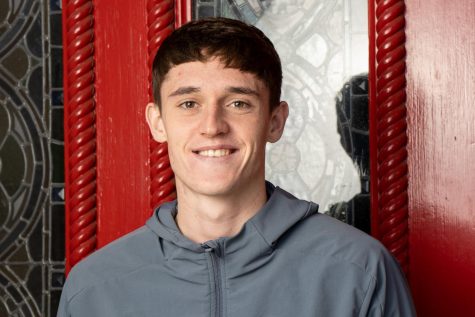
Hi! I am George Murray, one of the Sports Editors at Hilltop Views. I am an english literature major and journalism & digital media minor graduating...


